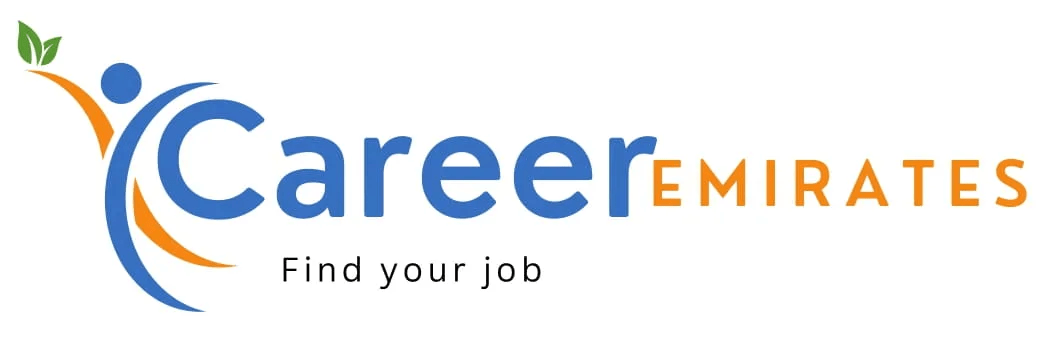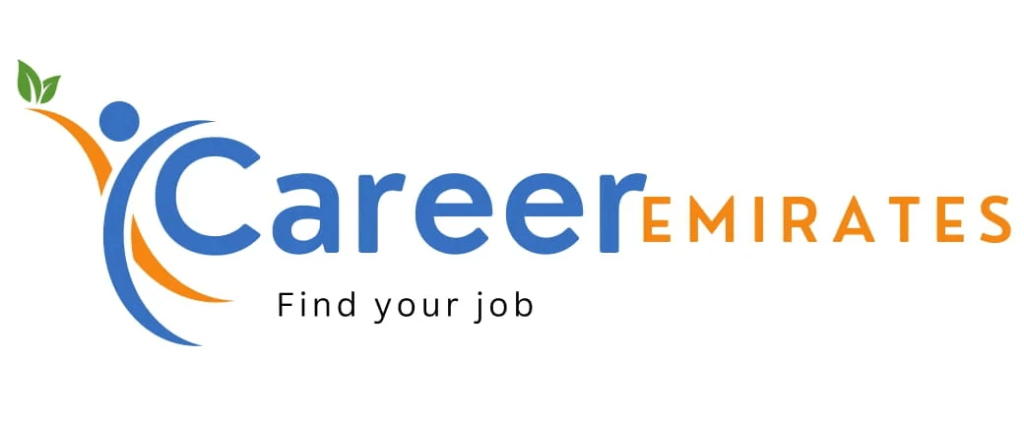piyeri5800
About Company
NURS FPX 9040 Assessment Help: A Comprehensive DNP Resource
Doctor of Nursing Practice (DNP) education represents the highest level of preparation for clinical nursing leaders. It focuses on translating research into practice, improving patient outcomes, and shaping healthcare policies. Within this academic pathway, the sequence of NURS FPX 9040 Assessment 1, NURS FPX 9040 Assessment 2, and NURS FPX 9040 Assessment 3 plays a central role in helping doctoral learners refine their scholarly, analytical, and leadership capabilities. Each assessment builds on the other, guiding students toward mastery of advanced nursing practice and preparing them for meaningful contributions to the healthcare system.
Establishing the Foundation of Scholarly Inquiry
The NURS FPX 9040 Assessment 1 serves as the initial stage of the DNP project journey. At this point, learners begin to identify a clinical problem or practice gap that aligns with their professional interests and organizational needs. This step is vital because the ability to define a relevant and measurable problem determines the overall quality and success of the doctoral project.
This assessment requires students to critically review existing literature to understand the scope, causes, and implications of the identified issue. Through this scholarly exploration, learners begin to articulate the importance of addressing the problem and its potential impact on patient care, healthcare delivery, or policy development. The process deepens their analytical thinking and strengthens their ability to appraise evidence from a variety of sources.
Another key aspect of the NURS FPX 9040 Assessment 1 is aligning the chosen problem with the principles of evidence-based practice. Students evaluate whether sufficient empirical evidence supports the need for intervention and consider how proposed solutions could be implemented within real-world healthcare contexts. This stage also fosters an appreciation for ethical considerations, stakeholder engagement, and cultural sensitivity in project planning.
Ultimately, this initial assessment sets the stage for the rest of the DNP journey. By clearly defining the problem, grounding it in evidence, and articulating its significance, learners lay a strong foundation for their future scholarly work. This stage nurtures curiosity, intellectual discipline, and an evidence-driven mindset—essential traits for effective doctoral practitioners.
Designing and Implementing Evidence-Based Interventions
The NURS FPX 9040 Assessment 2 moves learners from conceptualization to action by focusing on the design and implementation of evidence-based interventions. This phase challenges students to translate theoretical understanding into practical strategies that can produce measurable improvements in clinical or organizational outcomes.
In this assessment, students develop a detailed project plan that includes objectives, methodologies, timelines, and evaluation strategies. They must justify their selected intervention based on the evidence gathered in the previous stage. This justification demonstrates the student’s ability to connect research with practice—a hallmark of advanced nursing scholarship. The process also enhances critical thinking and strategic planning skills, both of which are essential for effective leadership in healthcare.
The NURS FPX 9040 Assessment 2 also emphasizes the importance of collaboration. Successful project implementation often requires the support of interprofessional teams, stakeholders, and institutional leaders. Students learn how to build partnerships, communicate effectively, and gain organizational approval for their proposed changes. These experiences mirror the complex dynamics of real-world healthcare systems, preparing learners for leadership roles that demand teamwork and negotiation.
Furthermore, this assessment fosters an understanding of quality improvement and systems thinking. By designing interventions that address underlying causes rather than symptoms, learners contribute to sustainable, system-wide change. They gain experience in applying frameworks such as the Plan-Do-Study-Act (PDSA) model or other improvement methodologies to evaluate and refine their interventions.
Ethical considerations also remain central during this phase. Learners must ensure that their projects respect patient privacy, adhere to institutional guidelines, and promote equity in healthcare delivery. This focus on ethics and responsibility reinforces the integrity and professionalism expected of doctoral-level nurses.
In summary, the second assessment transforms the learner’s academic insights into practical leadership skills. It demonstrates how rigorous evidence and strategic collaboration can drive innovation, leading to meaningful improvements in healthcare outcomes.
Evaluating Outcomes and Demonstrating Scholarly Leadership
The NURS FPX 9040 Assessment 3 represents the culmination of the DNP project journey. At this stage, learners evaluate the outcomes of their interventions, assess their effectiveness, and reflect on their professional growth as clinical scholars. This final step highlights the learner’s ability to integrate knowledge, leadership, and research into real-world practice.
Outcome evaluation is a key component of this assessment. Students analyze data collected during implementation to determine whether their intervention achieved the intended objectives. They use statistical and qualitative methods to interpret results, identify trends, and recognize areas for further improvement. This analytical process not only strengthens the validity of the project but also contributes to the broader body of nursing knowledge.
In addition to evaluating results, the NURS FPX 9040 Assessment 3 requires learners to reflect on the leadership and management skills they developed throughout the process. Students assess how their actions influenced team collaboration, stakeholder engagement, and project sustainability. This reflection provides valuable insight into their growth as leaders capable of navigating complex healthcare environments.
Another significant element of this assessment is dissemination. Learners are encouraged to share their findings through presentations, publications, or organizational reports. Disseminating results ensures that successful interventions reach a wider audience, fostering a culture of continuous improvement across healthcare systems. It also empowers students to become advocates for evidence-based change, influencing policies and practices beyond their immediate settings.
Ethical and professional accountability remain at the forefront during this stage. Students must report outcomes honestly, acknowledge limitations, and recommend future steps based on objective analysis. These practices demonstrate scholarly integrity and commitment to the principles of professional nursing.
By the completion of this assessment, learners have not only implemented and evaluated a meaningful project but also demonstrated the competencies required of DNP-prepared professionals. They emerge as leaders who can integrate research, practice, and leadership to advance patient care and healthcare quality.
Conclusion
The NURS FPX 9040 Assessment 1, NURS FPX 9040 Assessment 2, and NURS FPX 9040 Assessment 3 collectively form a structured academic journey that reflects the essence of doctoral nursing education. Each assessment plays a distinct yet interconnected role in shaping the learner’s ability to identify problems, design evidence-based solutions, and evaluate outcomes with scholarly precision.
Through these assessments, students refine their critical thinking, leadership, and research skills—core attributes for DNP professionals. They learn to view challenges not as obstacles but as opportunities for innovation and growth. Most importantly, these assessments cultivate a lifelong commitment to evidence-based practice, ethical leadership, and the pursuit of excellence in patient care.
In the end, this academic sequence does more than fulfill course requirements—it transforms learners into visionary nursing leaders capable of driving meaningful change within healthcare systems and contributing to the advancement of the nursing profession.


